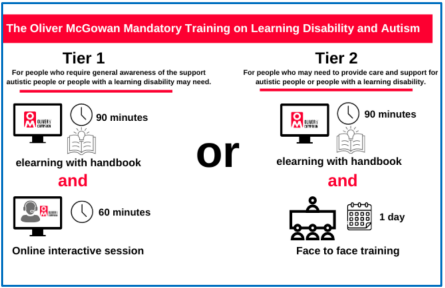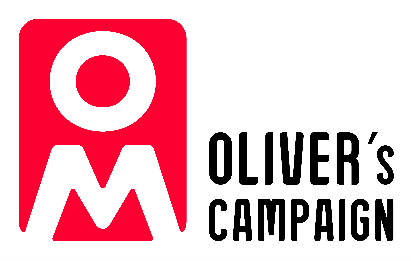Code of Practice
The Department of Health and Social Care has launched the Oliver McGowan Code of Practice, marking a significant milestone in improving healthcare for people with a learning disability and autistic people.
The Code, which supports the statutory training requirements introduced by the Health and Care Act 2022, was laid in Parliament on 19 June 2025 and sets clear standards for CQC-registered providers.
The Oliver McGowan Mandatory Training on Learning Disability and Autism – named after Oliver McGowan, who tragically died in 2016 after a severe allergic reaction after receiving medication despite family objections – is the government’s recommended training package. Over 3 million people have already completed the elearning modules and there are now more than approved 2,700 trainers delivering interactive sessions for part 2 nationwide.
For more information about Oliver’s Training, visit: The Oliver McGowan Mandatory Training on Learning Disability and Autism | NHS England | Workforce, training and education.
The elearning modules are also available on the elfh website.


